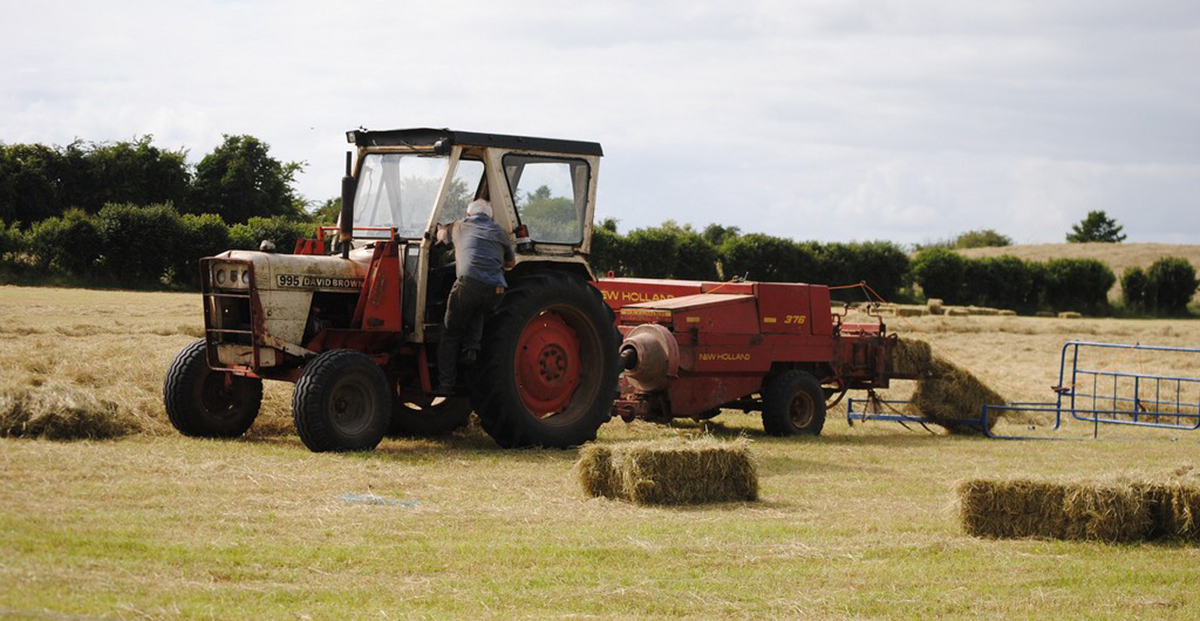Table of Contents
4. Reduce your exposure to DDE by limiting your visits to farms during summer months
DDE (and DDT, in the parts of the world where it is still used) persist in the soil for several months, but they tend to leave the soil by evaporation. The soil heats up in the summer sun and the chemicals vaporize so that they hover in the dense air around thick plantings of crops. As a general rule, if you can smell agricultural chemicals in a field, that field is not a place where you want to be.

5. Don't go on crash diets
And when you do diet, be sure you eat lots of fresh, organic fruits and vegetables, and you take at least low doses of antioxidants such as N-acetyl-cysteine, alpha-lipoic or R-lipoic acid, vitamin C, and vitamin E. It isn't just fish and cows that concentrate PCBs. DDE, and, if you are old enough that you were exposed, DDT, in body fat. Humans sequester these chemicals in fat, too.
A pound a week (about two kilos a month) is usually optimal.
6. Don't keep plastic containers in your car, especially water bottles
Heat releases PCBs. If you must store water in your automobile, for instance, you live in a desert climate where it is dangerous to travel without extra water and you tend to forget to take water with you, keep your water in glass, metal, or plastic containers that are certified to be PCB-free.
7. Wear gloves when you work in your garden or flower beds
Persistent organic pollutants may accumulate in the soil. Gloves offer an extra layer of protection. Wash work gloves separately from other clothing.
8. Avoid food imported from East Asia or South America unless it is certified organic
Many producers in these parts of the world make diligent efforts to keep food production safe, but some do not.
If you just have to buy imported food, wash it carefully before consumption, and preferentially buy foods with rinds that you peel off and discard. This reduces pesticide exposure.
9. Natural isn't necessarily safe when it comes to pesticides
But products like rotenone (which is extremely toxic to fish) and pyrethrins at least are not linked to obesity and diabetes--but you still need to take precautions to avoid inhaling even organic pesticides when you apply them, to protect against damage to the central nervous system.
See Also: 5 Shocking Sources Of Indoor Air Pollution And How To Get Rid Of Them For Good
10. Home safety
Caulk cracks, close doors, and seal your home against bugs so you don't have to use pesticides. Don't wear shoes that you have worn when you walked across chemically treated lawns into your home.
- Dirinck EL, Dirtu AC, Govindan M, Covaci A, Van Gaal LF, Jorens PG. Exposure to persistent organic pollutants: relationship with abnormal glucose metabolism and visceral adiposity.Diabetes Care. 2014. 37:1951-1958.
- Photo courtesy of epSos .de by Flickr : www.flickr.com/photos/epsos/5444678656
- Photo courtesy of Peter Mooney by Flickr : www.flickr.com/photos/peterm7/9183333509


Your thoughts on this